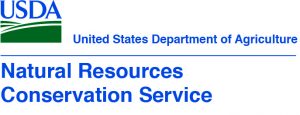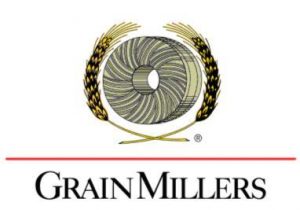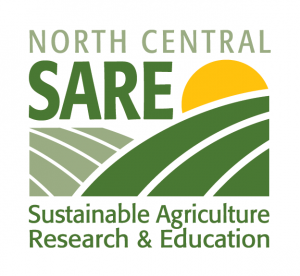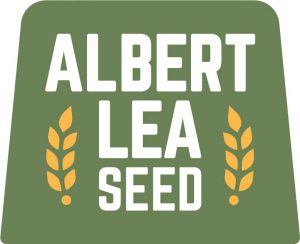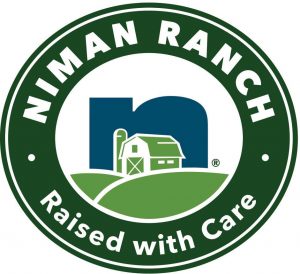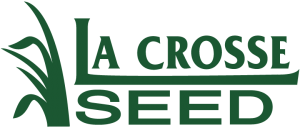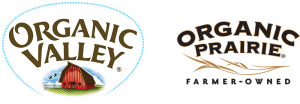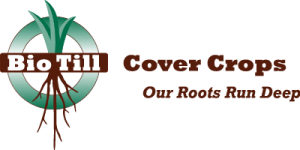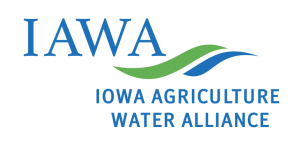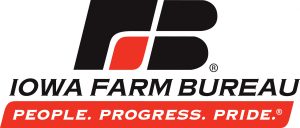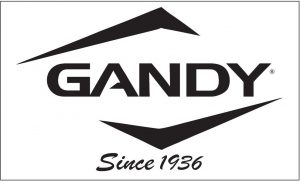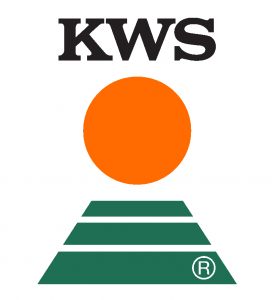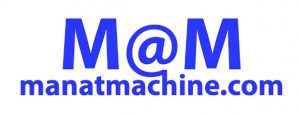Our office has moved! Our new address is 414 S 17th St., Suite 107 in Ames, Iowa.
Prairie Strips and Conservation on Rented Ground – Working With Tenants + Environmental Benefits
Friday, July 31 | 3 – 4 p.m.
In partnership with Iowa State University STRIPS
Prairie strips are a practice that more farmers and landowners are using to reintegrate prairie into Iowa’s agricultural landscape, providing numerous water quality and wildlife benefits in the process. Join landowner Eric Hoien, Iowa Natural Heritage Foundation and the ISU STRIPS team to learn more about designing establishing and managing prairie strips and how to work with land tenants to achieve conservation goals.
In part 2 of this virtual event, we’ll discuss prairie strips generally, as well as how landowners like Eric and Iowa Natural Heritage Foundation are working with farmland tenants to design, install and manage prairie strips for water quality and wildlife. Ryan Schmidt, with INHF, will discuss how prairie strips are being used at the 160-acre Wallace & Bowers Nature Area, located along the northeast shore of Big Spirit Lake, which is owned and managed by INHF.
Host: Eric Hoien
The Farm: Landowners Eric and Kelly Hoien purchased their 129-acre farm, located in Spirit Lake, Iowa, in 2008 from the estate of family friend Lyle Poyzer. With an eye towards conservation, education, outdoor recreation and improving water quality in the Iowa Great Lakes watershed, Eric and Kelly installed 23 acres of prairie strips.
Topics:
- New versus established prairie strips
- Updates on science and research and cost-share programs from the STRIPS team
- Working with farmland tenants to implement conservation
Speaker: Ryan Schmidt, Iowa Natural Heritage Foundation
Other Events in the Series:
Note: You may attend both events in the series, or pick the ones you’re most interested in.
Format: Virtual Field Day (#2 of Series)
Platform: Facebook Live
This material is based on work supported by the U.S. Department of Agriculture, under agreement number NR196114XXXXG003.
Any opinions, findings, conclusions, or recommendations expressed in this publication are those of the the author(s) and do not necessarily reflect the the views of the U.S. Department of Agriculture. In addition, any reference to specific brands or types of products or services do not constitute or imply endorsement by the U.S. Department of Agriculture.
2020 Field Day Sponsors
A-Level
B-Level

